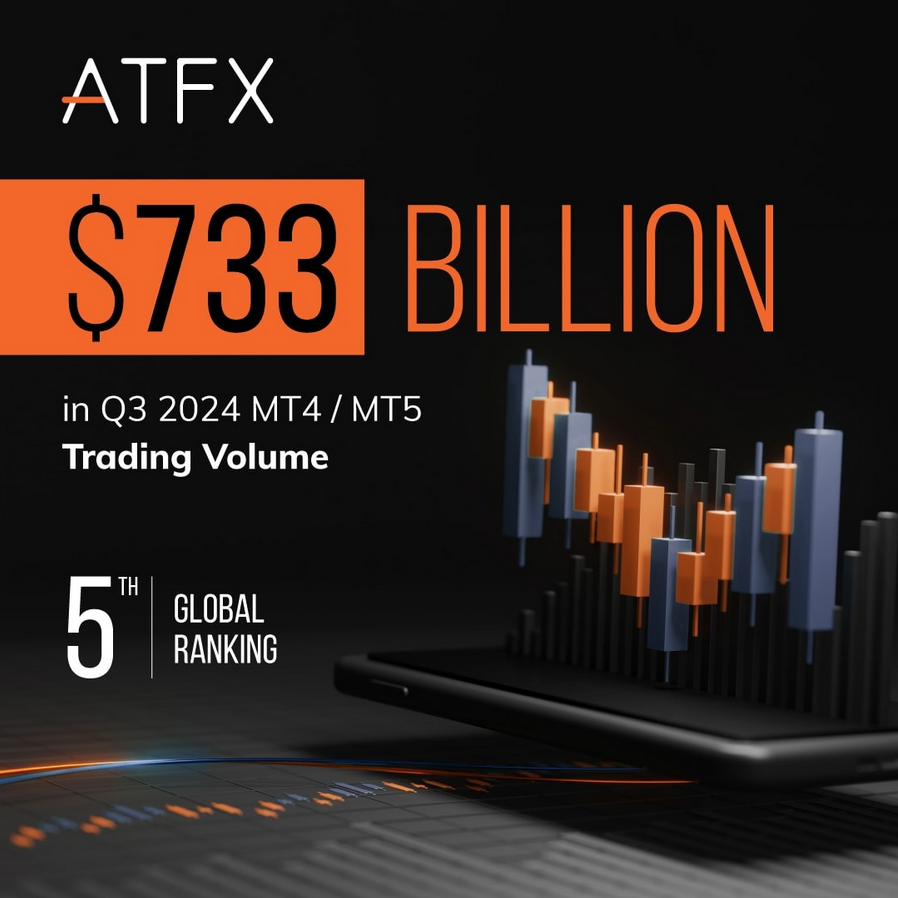As of late April 2025, markets are being heavily influenced by ongoing U.S. economic data, expectations of central bank rate decisions, and global geopolitical developments. Major themes include:
- Slowing economic growth in both the Eurozone and UK, as reflected in soft PMI data.
- Persistent speculation about U.S. interest rate direction amid mixed economic signals.
- Trade tensions resurfacing due to fresh tariff threats.
- A global rotation from risk assets into safe havens like gold.
Let’s break down each asset in detail.
🇪🇺/🇺🇸 EUR/USD
Euro under Pressure from Weak EU Data, but USD Strength Capped
EUR/USD is hovering near the 1.14 handle after experiencing a decline from 1.1514 to 1.1421, largely driven by a combination of disappointing Eurozone PMI figures and moderate dollar strength.
Key Drivers:
- April PMI readings across the Eurozone underwhelmed, reinforcing fears of a slowdown.
- Despite this, the euro’s drop was limited as much of the weak data was already priced in.
- The market now places a 93% probability on the ECB cutting rates by 25 bps at its June 5 meeting.
- U.S. data, particularly manufacturing and services PMIs, will be pivotal. Strong U.S. numbers could fuel further euro weakness; soft data could buoy the euro short-term.
- Trade rhetoric from former President Trump adds volatility. Any easing in tariff threats could dampen safe-haven demand for the USD, lifting the euro.
Forecast:
- If EUR/USD holds above 1.1335, a rebound toward 1.1465 is likely, especially if U.S. data underperforms.
- A confirmed break below 1.1335 could open downside targets at 1.1246 and potentially 1.1157.
Support levels: 1.1335, 1.1246, 1.1157, 1.1088, 1.0960
Resistance levels: 1.1412, 1.1465, 1.1492, 1.1572
Outlook: Neutral-to-Bearish unless price remains firmly above 1.1335 with weak U.S. data.
🇬🇧/🇺🇸 GBP/USD
Pound Pressured by Services Sector Contraction and Rate Cut Expectations
GBP/USD closed lower yesterday, retreating from 1.3367 to 1.3331, following disappointing UK Services PMI data that fell below the 50 threshold—indicating contraction.
Key Drivers:
- UK’s services sector, a pillar of the economy, showed marked deterioration, increasing fears of recession.
- Investors are now pricing in 86 basis points of rate cuts by the Bank of England by year-end.
- The dollar’s moves remain closely tied to U.S. macro releases and FOMC commentary. Hawkish tones may weigh on GBP/USD further.
- Political instability in the UK around post-Brexit trade and fiscal policies may reemerge as a risk factor later in Q2.
Forecast:
- If GBP/USD holds the 1.3285–1.3315 support range, a rally to 1.3360 and possibly 1.3434 is plausible.
- A break below 1.3285 would expose the next targets at 1.3239 and 1.3202.
Support levels: 1.3285, 1.3239, 1.3202, 1.3121
Resistance levels: 1.3360, 1.3434
Outlook: Slightly Bearish while below 1.3360. Weak U.S. data could prompt a rebound; otherwise, sellers may dominate.
🇺🇸/🇯🇵 USD/JPY
Yen Weakens on Receding Fed Risk, US Strength Buoys Pair
USD/JPY closed higher, climbing from 140.82 to 141.56, with the yen losing ground due to improving U.S. sentiment and reduced fears around Fed independence.
Key Drivers:
- President Trump’s recent comments reducing speculation over Fed leadership changes helped stabilize market sentiment.
- U.S. PMI and FOMC commentary remain key for directional bias. A strong set of U.S. numbers could catapult USD/JPY back toward 143.00 and beyond.
- Domestically, Japan showed a modest uptick in services activity, but not strong enough to significantly support the yen.
- The yen’s safe-haven appeal is being challenged by a relatively stable global risk backdrop and mild U.S. dollar strength.
Forecast:
- If 141.81 holds as support, and U.S. data impresses, a move toward 143.06 and 144.09 is likely.
- A breakdown below 141.02 could signal renewed bearish momentum, with 140.18 and 139.59 in sight.
Support levels: 141.02, 140.18, 139.59
Resistance levels: 143.06, 144.09
Outlook: Cautiously Bullish while above 141.02. Key breakout potential if resistance at 143.08 is breached.
🌕 Gold (XAU/USD)
Bullish Trend Intact but Correction Risk Grows
Gold (XAU/USD) has seen a sharp correction, declining from $3,423 to $3,381 per ounce. Still, the bullish trend remains intact in the broader context.
Key Drivers:
- Safe-haven demand continues amid global tariff tensions and de-dollarization themes.
- Real yields and dollar dynamics continue to shape gold flows.
- Divergence between gold price movement and momentum (visible in broader charts) suggests a near-term correction is due.
- Traders are taking profits after gold breached the $3,500 psychological level.
Forecast:
- Correction could continue to 3310 or even 3265 unless bulls quickly reclaim $3,385 and push toward $3,500 again.
- A break below 3283 would mark a deeper retracement, possibly extending toward 3245 or even 3194.
- If gold bounces strongly from 3310 or 3283, the longer-term uptrend will resume.
Support levels: 3310, 3283, 3245, 3194
Resistance levels: 3385, 3500
Outlook: Bullish (Medium-term), with Short-term correction risk unless price holds above 3310.
📊 Summary Table: As of April 24, 2025
Summary Forecast Table
| Asset | Bias | Key Support Levels | Key Resistance Levels | Notes |
|---|---|---|---|---|
| 🇪🇺 EUR/USD | Neutral to Bearish | 1.1335, 1.1246, 1.1157 | 1.1412, 1.1465, 1.1492 | Watch for weak US data for short-term euro strength |
| 🇬🇧 GBP/USD | Slightly Bearish | 1.3285, 1.3239, 1.3202 | 1.3360, 1.3434 | UK services sector contraction weighs on GBP |
| 🇺🇸 USD/JPY | Cautiously Bullish | 141.02, 140.18, 139.59 | 143.06, 144.09 | Fed stability comments boost USD; watch PMI data |
| 🪙 XAU/USD | Bullish (Med-Term) | 3310, 3283, 3245 | 3385, 3500 | Correction likely; long-term trend remains intact |









